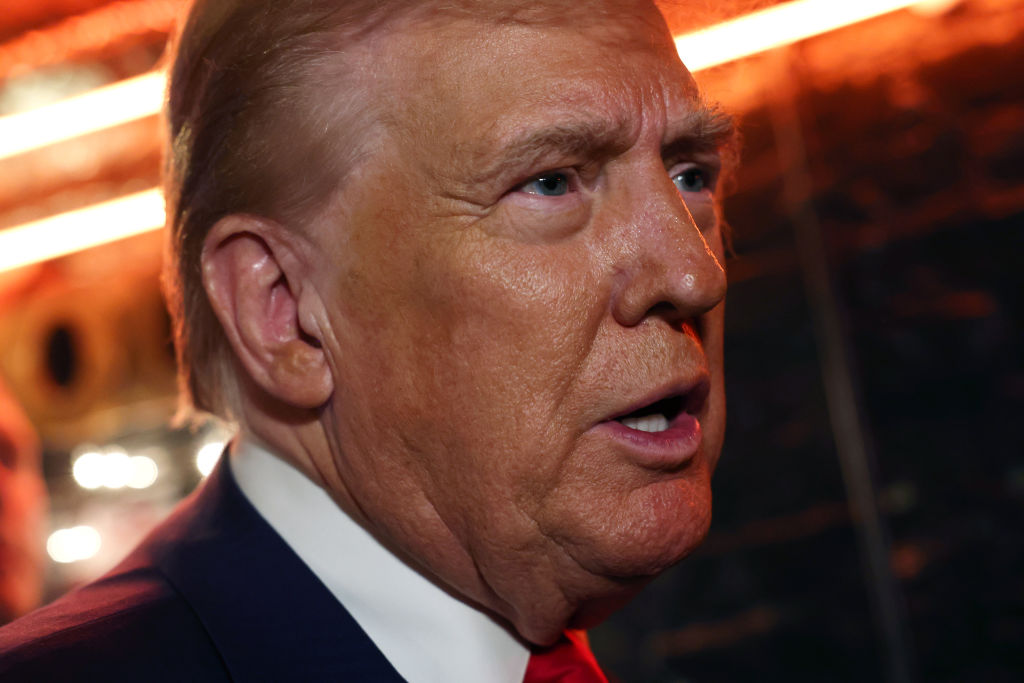Last week the National Institute of Economic and Social Research said Britain ‘would be one of the countries most affected’ by Donald Trump’s proposed tariffs, with growth cut by 0.7 percentage points in year one, 0.5 percentage points in year two, and inflation 3-4 points higher. But research from Oxford Economics today suggests the impact would be ‘limited’, even in the worst-case scenario.
During the election campaign, Trump suggested putting tariffs of 10 or 20 per cent on all imported goods – except those from China and Mexico, which would be stung with 60 or even 100 per cent rates. At the moment, average UK tariffs on goods from the US are 2.2 per cent and US tariffs on goods from the UK are 3.3 per cent. But legal difficulties mean the US is likely to prioritise tariffs on countries with which it has big trade deficits – and the UK is a relatively small trading partner that imports more goods from the US than it exports to it.
If Trump does put tariffs of 10 per cent on goods imports from all countries and retaliatory tariffs are imposed too – a ‘full-blown Trump scenario’ – Oxford Economics expects a hit to certain sectors, such as pharmaceuticals and car manufacturers, which send a large share of their exports to the US. But at worst, the effect would reduce economic growth by just 0.2 percentage points. Inflation would be 0.3 percentage points higher, something the UK could largely avoid by not imposing retaliatory tariffs.
During the election campaign, Trump said tariff is ‘the most beautiful word in the dictionary’. Today’s report suggests they won’t be so ugly for Britain.






Comments